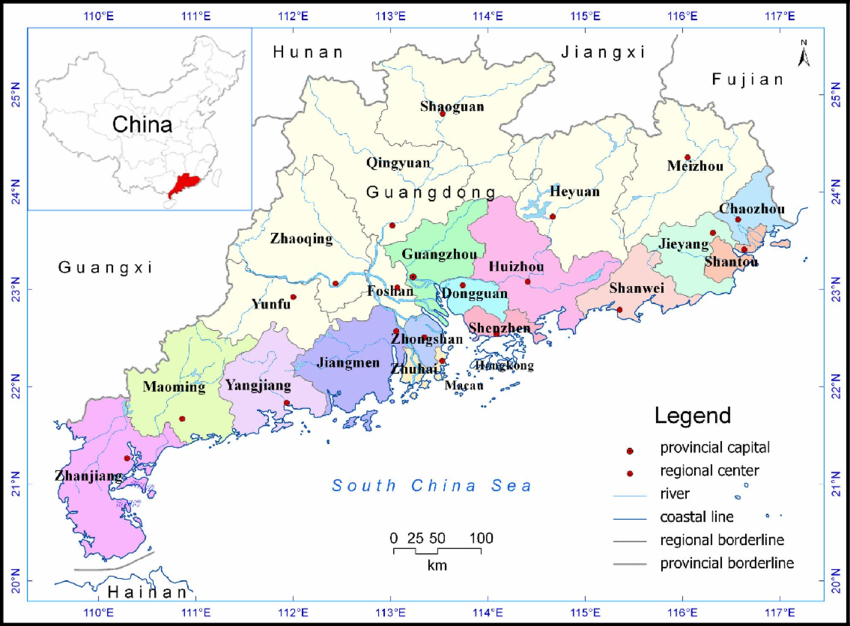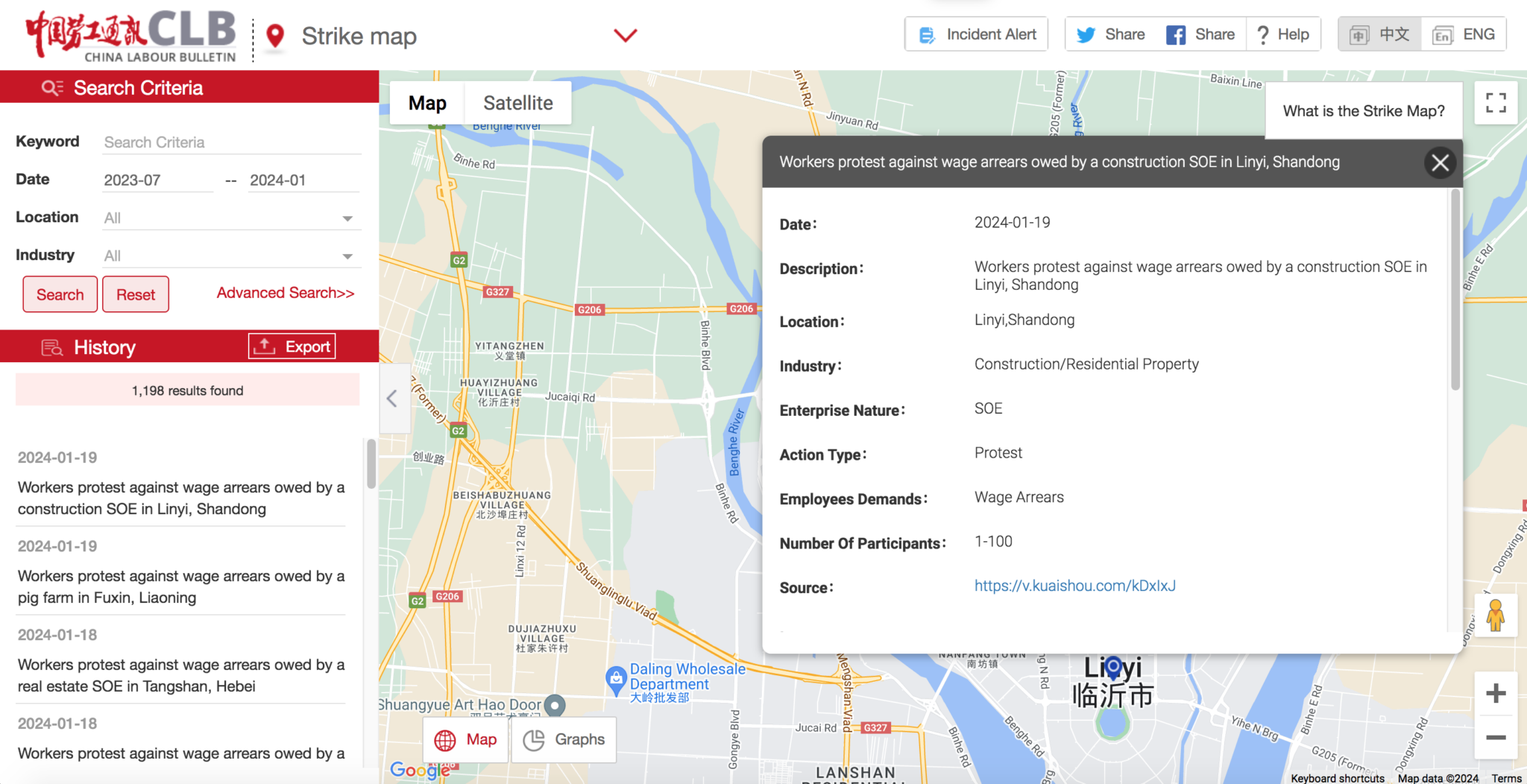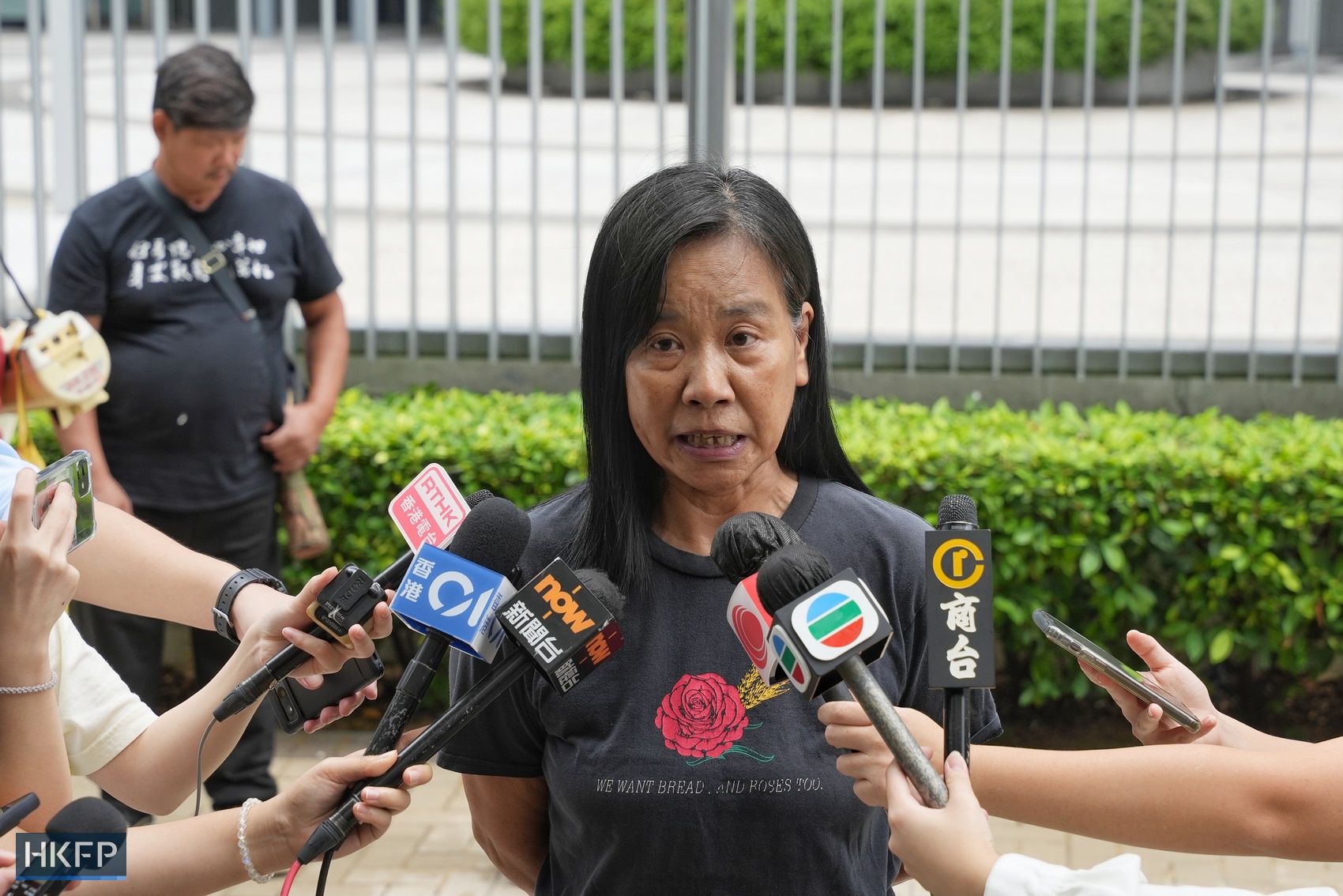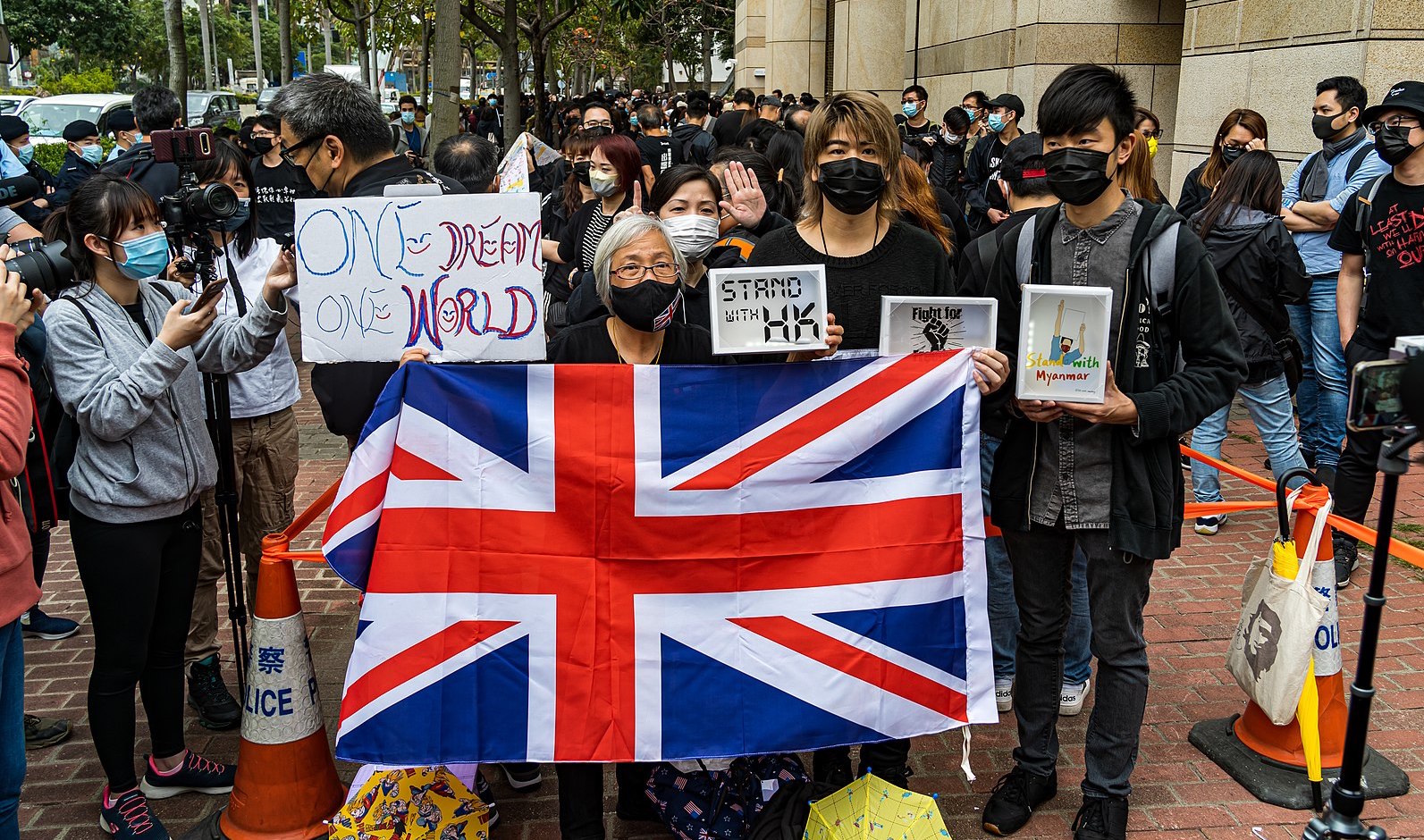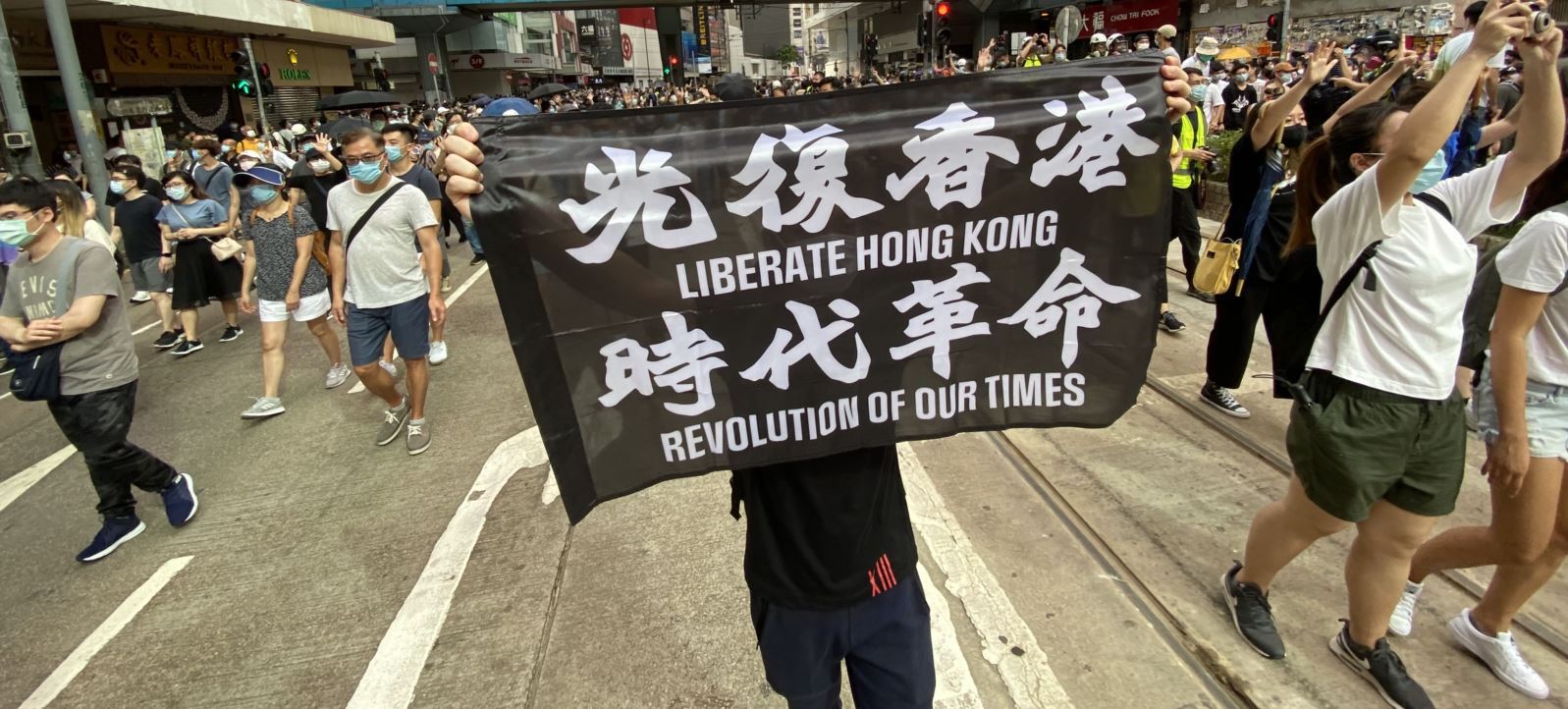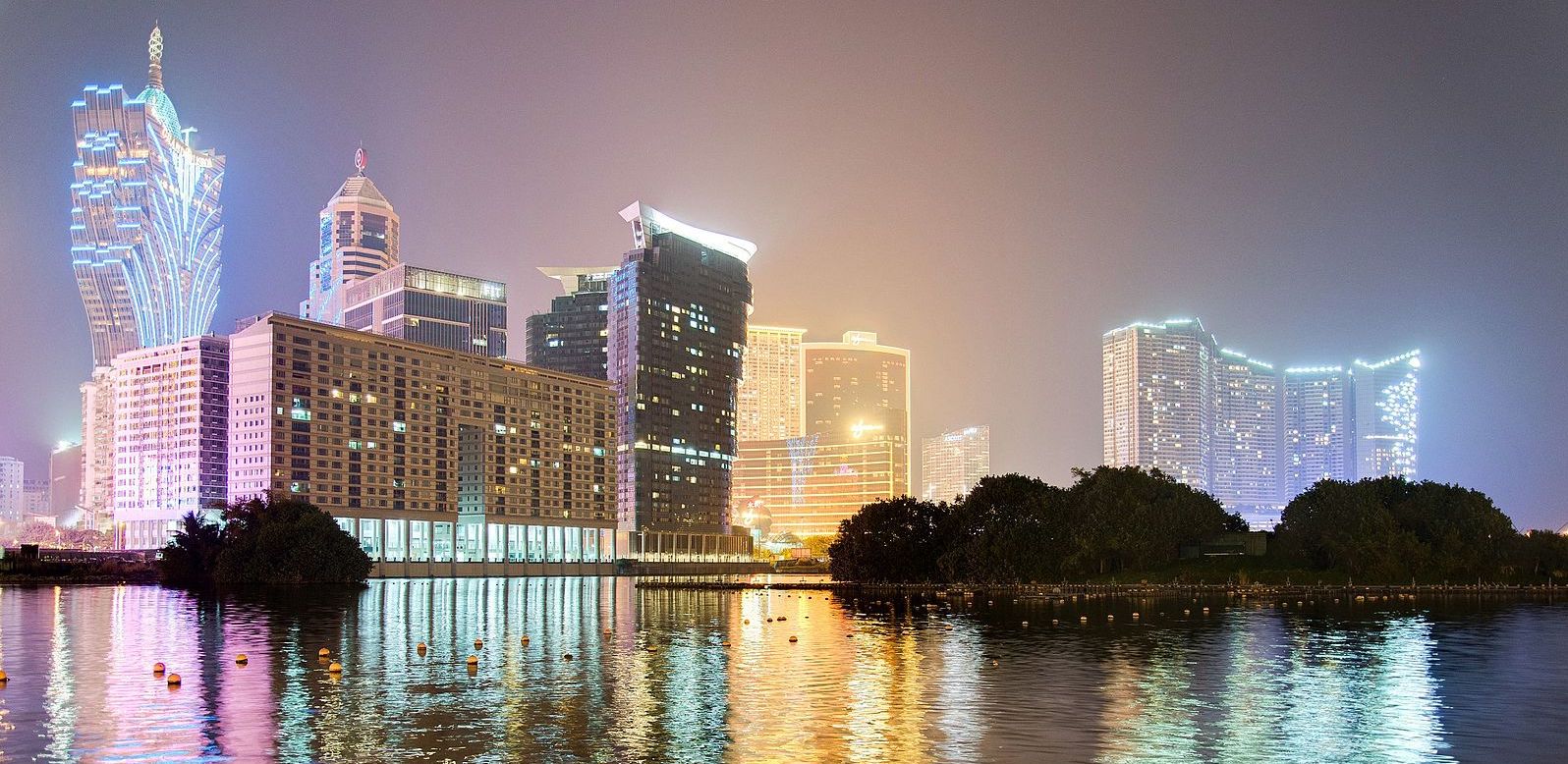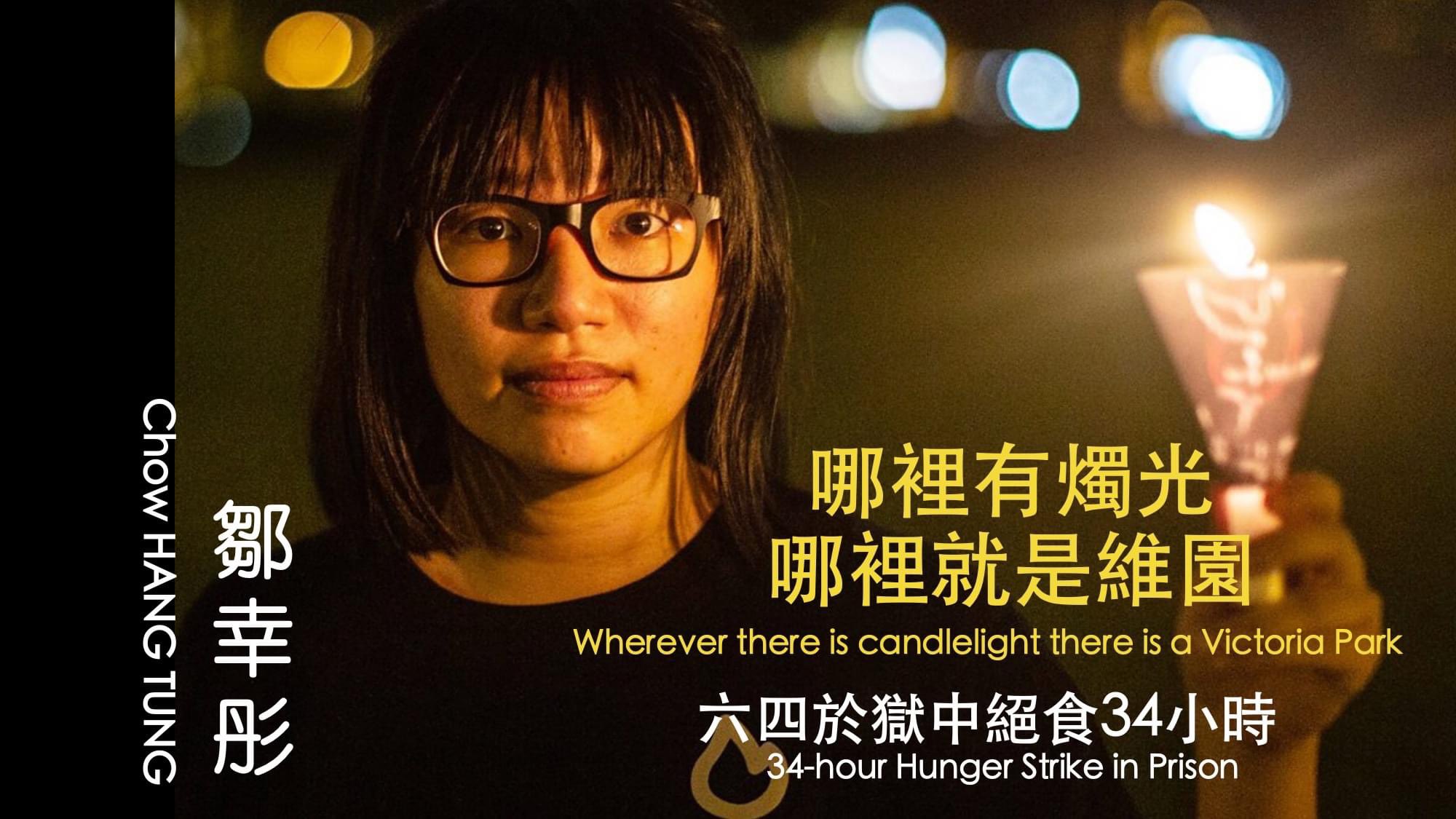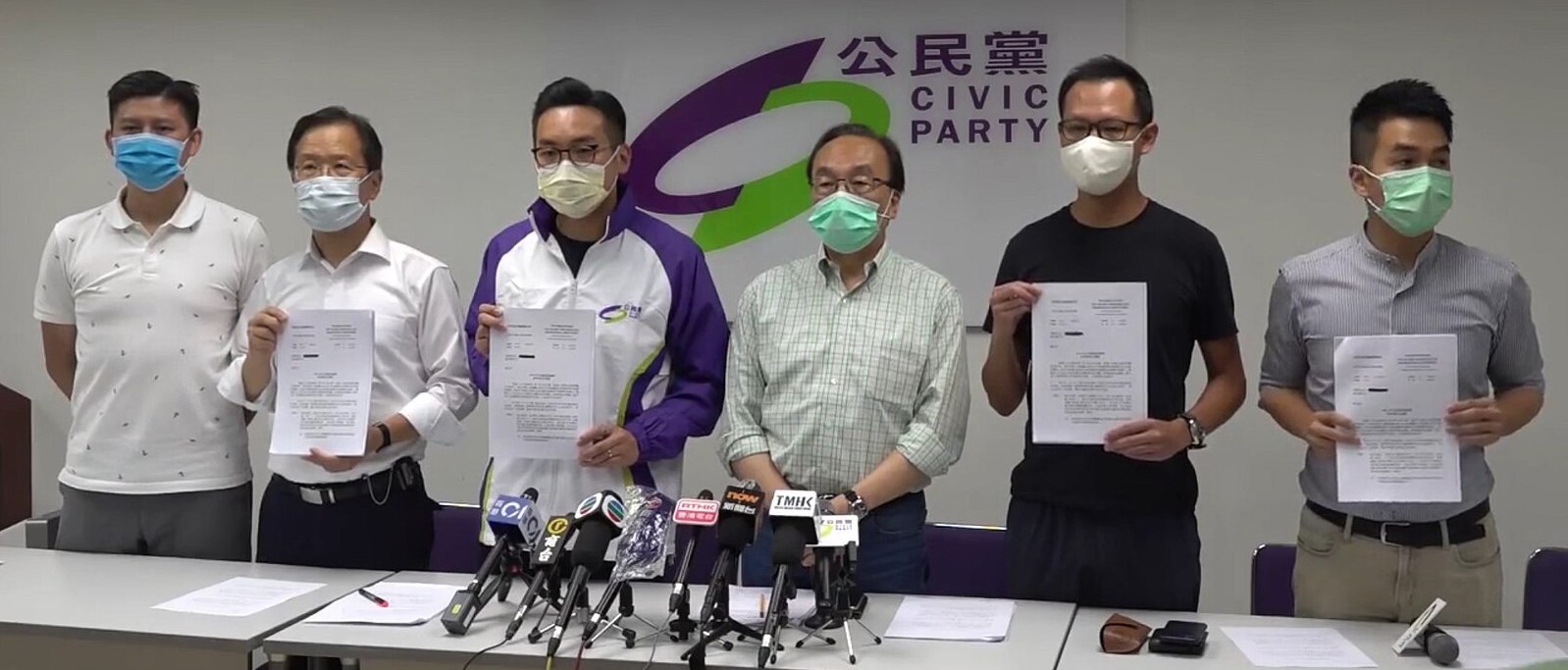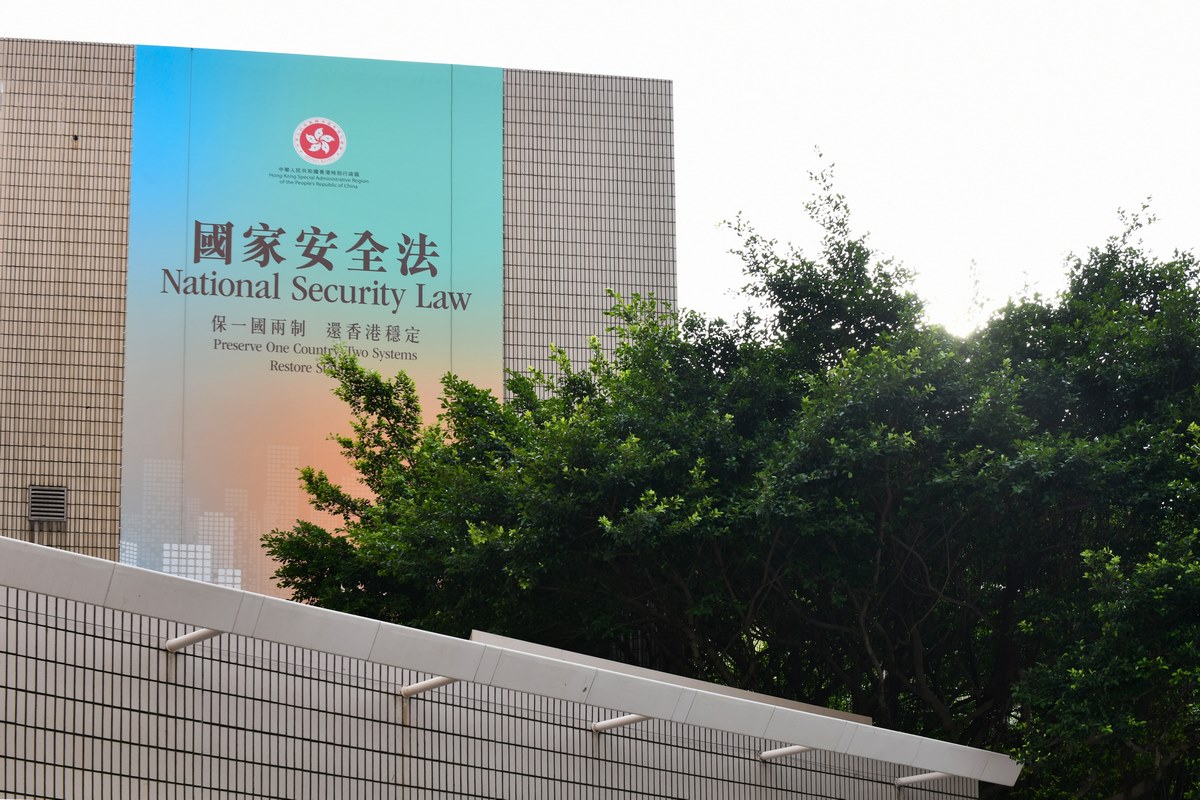
Hong Kong court convicts journalists of sedition
The Hong Kong District Court found Best Pencil Ltd, the parent company of now-shuttered Stand News, along with former chief editors Chung Pui-kuen and Patrick Lam, guilty of “conspiracy to publish and/or reproduce seditious publications” under the colonial-era Crimes Ordinance. The case centered on 17 articles the website ran concerning protests, activism and elections. The two editors face up to two years each in prison. Since the crackdown following the 2019 protests, some 10 media outlets have been forced to close in Hong Kong, with over 1,000 journalists thrown out of work. (Photo: HKFP)



